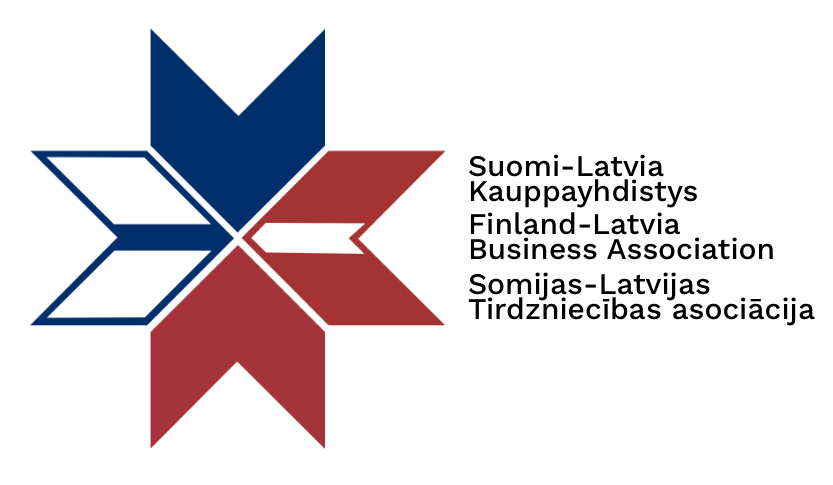Understanding the motives behind students’ entrepreneurial spirit: Evidence from Latvia and Finland
We, Katrina Dankovska and Nikita Zdobnovs, are final year students at Stockholm School of Economics in Riga. We have written our Bachelor Thesis on topic “Understanding the motives behind students’ entrepreneurial spirit: Evidence from Latvia and Finland”, where we wanted to study the differences in educational systems and compare the efficiency of them on entrepreneurial intentions. Also, we have included other factors and control variables such as: Attitude towards the behavior; Subjective norms; Perceived behavioral control, Curricular education, Extra-curricular education, in order to see which factors have influence on individual (in our case of young person) to become entrepreneur in real life.
We have chosen this topic, because the real rates among students are high (more than 50% would rather choose to be entrepreneurs than work for someone else), however, the real rates of self-employment are only 6.5% in Europe among people aged 20-29. Finland and Latvia have different focus, where Finland have accent on curricular entrepreneurial education, while Latvia focuses on extra-curricular, but both countries are located close to each other and are similar in size. We have launched a questionnaire for both countries. After we have obtained numerical results, we checked the reliability of our data with Cronbach’s alpha coefficinet. Afterwards, we analyzed data with R Studio software in order to see actual relationship between variables. Our studies have shown that Attitude towards entrepreneurship, Perceived behavioral control, Extra-curricular entrepreneurial education, Gender (male) and Experience have positive effect on intentions in Latvia, while Subjective norms, Curricular entrepreneurial education and Age showed negative effect. For Finland, positive results were for Attitude towards entrepreneurship, Subjective norms, Curricular entrepreneurial education, Extra-curricular entrepreneurial education and Age, while negative for Perceived behavioral control, Gender, Experience, however, they were insignificant at all levels. We believe that insignificant results were mainly due to small Finnish sample and closed end question, that is why further studies should be implemented to study these effect with bigger sample, interviews with experts and different age groups.
However, we believe that this study has proven that extra-curricular education has the strongest positive effect on entrepreneurial intentions, and that policy makers should make the emphasis on it. When rising the amount of possible extra-curricular activities, they rise the intentions of young people to choose entrepreneurial path. This, in addition, rises the amount of people who, at least, try to become entrepreneurs, and therefore, increase the amount of SME’s (Small and Medium Enterprises). As SME’s account for half of global employment, we believe that increase in number of SME’s will boost the economy of the countries.
Please watch the video of the presentation here.


